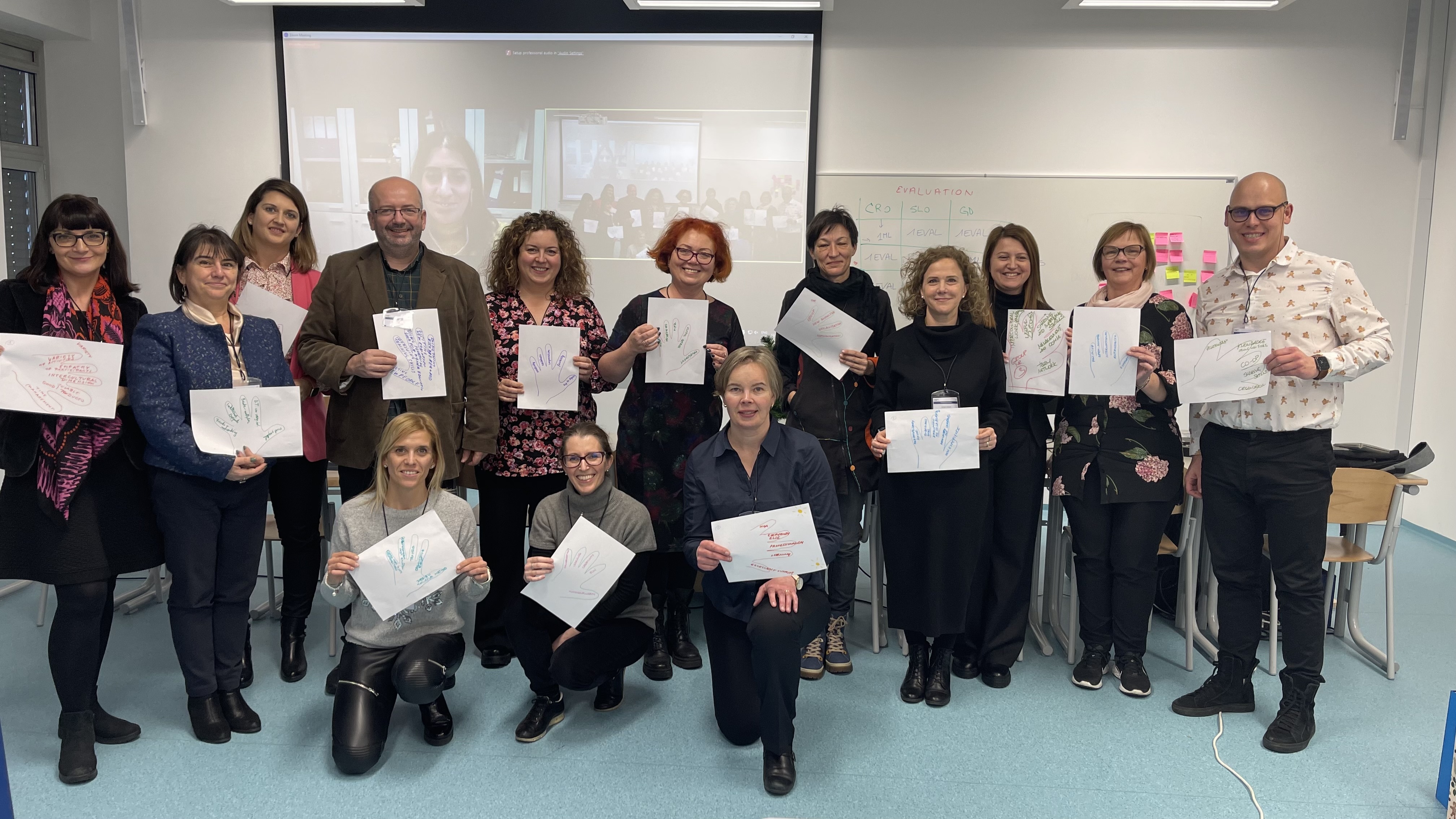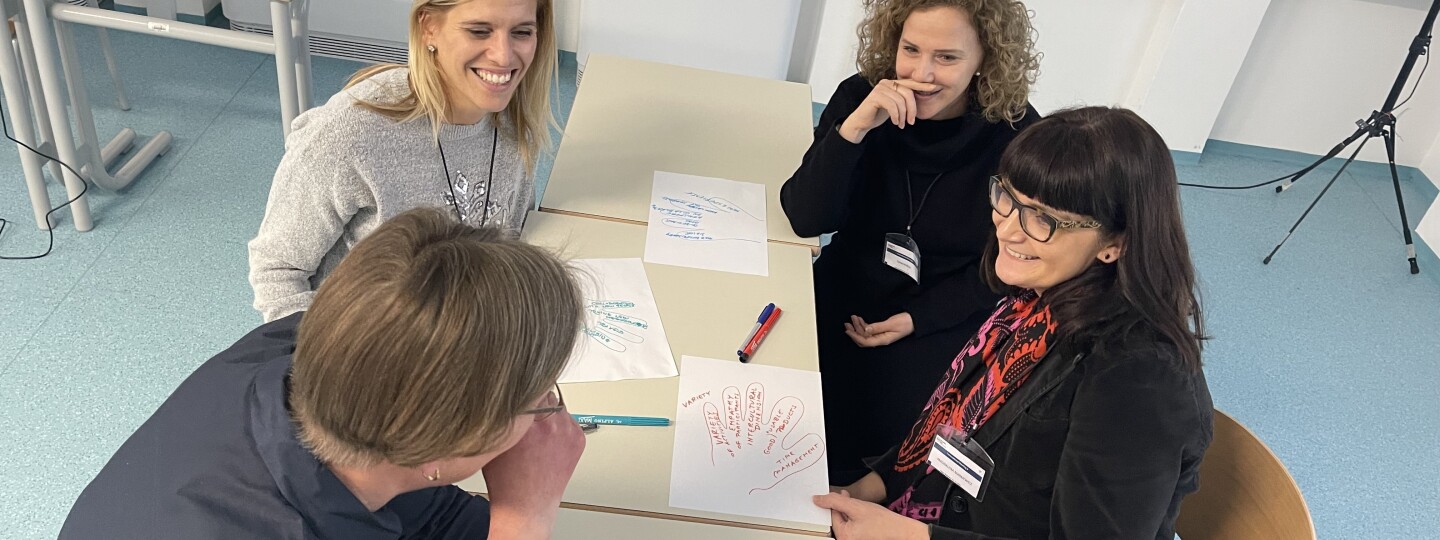“Teacher stories” - Inspiring good practices - a booklet of educator stories presents the experiences and views of 57 academic teachers on online teaching. Through the interviews, we studied how the working and teaching methods changed during Covid-19 pandemic. We focused in good practices, in particular, how online teaching was organised and how the students were engaged into online teaching.
The teachers were also asked which challenges were met and what kind of lessons learned they would like to share. Interviews were carried out in the partner countries of InCompEdu project: Croatia, Finland, Italy, Poland, Romania and Slovenia during December 2021 – March 2022. Read Teacher Stories in this link.
Sudden shift to online teaching from different starting points
In the spring of 2020, the interviewees had different starting points of online teaching. There was little experience of online education, except by the Croatian and Finnish interviewees. It took time to adjust to the new situation and find solutions and practices to online teaching. First there were different applications, solutions and programmes in use. Later on, joint learning environments were taken in use which helped both students and teachers. A lot of effort had to be put into the planning and organization of online courses. Subjects with laboratory or field work and exercises were considered the most challenging to teach online.
Several best practice cases were received from teachers
Online teaching is more time-consuming and it needs to be well prepared in advance with explicit instructions for students. The clear rules of the game and instructions are helpful. Teaching online needs to be scheduled with shorter teaching sessions and regular short breaks, engagement and activation, such as discussions and group work, polls and questions. Different kinds of interactive methods allow students to express their opinions and ideas openly on the topics of discussion. Also, students themselves prepared small tasks or their colleagues which had a very positive impact in online learning. Students were also given a possibility to evaluate each other’s work.
More discussion and working in groups
To activate the participation of all, responsibilities were shared and roles given to the students within the group. Some teachers noted that group work is even more efficient online. As the exams could not be held on-site, many interviewed teachers changed emphasis to ongoing evaluation during the whole course. In addition, more questions were asked from students during the online lesson. Practical examples and cases were used to combine theory and practice and keep the interest during the lessons. Students also worked with companies in online mode. One of the benefits of online teaching was that representatives of business and other experts as speakers would attend easier in teaching, without need to travel and less costs. Various means were mentioned to encourage discussion on extracurricular matters. Teachers also offered weekly 'office hours' or online coffee breaks for all.
Online teaching in future – multiple possibilities
Many interviewees planned to practice methods of online teaching also in future, combined with on-site teaching. Online teaching is flexible, and it is suitable especially for working students or those already in a profession, as well as for continuing education. Elements of online may be used as part of teaching in class. However, many teachers considered hybrid teaching with students both on-site and online burdensome to implement. On the other hand, students have enjoyed the hybrid option with more flexibility and less travelling.
Read Teacher Stories in this link

InCompEdu partners at the University of Primorska, Slovenia. Photo: InCompEdu project
Additional information
InCompEdu is financed by Erasmus+ and realised during 1.4.2021 – 31.3.2023. Centre for Maritime Studies coordinates its IO1 “Identification of problems and good practices with transferring academic teaching to on-line mode”. The project is coordinated by the University of Gdańsk, Poland.

Contact
Riitta Pöntynen, +358 40 351 0476, riitta.pontynen@utu.fi
Sari Nyroos, +358 40 779 9493, sari.nyroos@utu.fi
